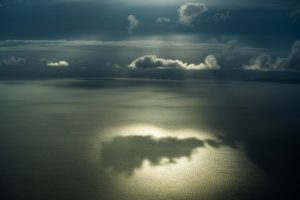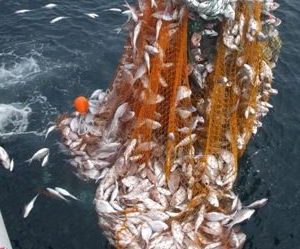The governance of our marine fisheries is under increasing scrutiny because maintaining highly productive ecosystems has given way to transactional advocacy targeting every possible fish that can be justified. Local depletion and inter-tidal reefs stripped bare sees coastal communities and Kaitiaki [guardians] crying out for effective restraints. Clearly the current system is not working and this is affecting us all.

Depleted fisheries and degrading inshore environments has an impact on all fishers’ catch, the enjoyment we get from walking along a beach swirling with life, and the legacy we leave for our next generations.
In the Bay of Plenty Kaitiaki have been striving for acknowledgement and protections of their special places and values associated with the marine life that surrounds Motiti Island. After an arduous court process the Regional Council is now obliged to develop controls that will impact on fishing on several reefs around Motiti Island. While the legal process is incomplete, this does highlight the complexity of achieving any meaningful change to managing our inshore marine environment.
As a nation we have enabled 50 years of industrial exploitation of our fisheries in search of export dollars. The bulk harvesting methods used have had an enduring, damaging impact on the benthic [seabed] environment. The once-thriving regional fishing towns have all but disappeared, replaced by the Quota Management System and remote landlords renting quota to fishers working for a minor share of returns.
The Bay has become so depleted it is commonly referred to now as the “bay of empty”. This is a crying shame given the productivity of the past. Some of this history was presented during the Rena wreck proceedings, where experts talked about the steady decline of the local hapuku fishery, they presented newspaper accounts documenting early gamefishing feats, even earlier Maori trading of fish, and catch data.
Many of the hard decisions required to restore abundance have been avoided by successive ministers yet when we look out our windows the evidence is clear to see. Trawling is still the dominant fishing method and masses of scallops continue to be dredged from the seabed.
If we are serious about addressing the impacts of 50 years of bottom contact fishing in the Bay of Plenty we need to do more than just give lip service to maintaining the very habitat that our fish depend upon to survive and thrive. Nationwide, we need to commit to being better Kaitiaki, enhancing our marine resources for the generations to follow.





